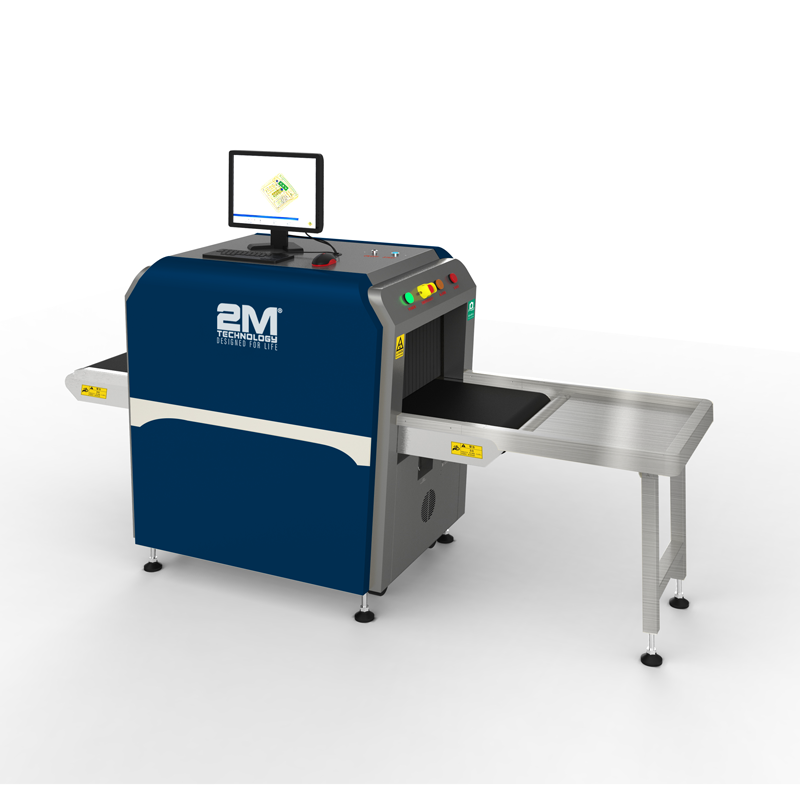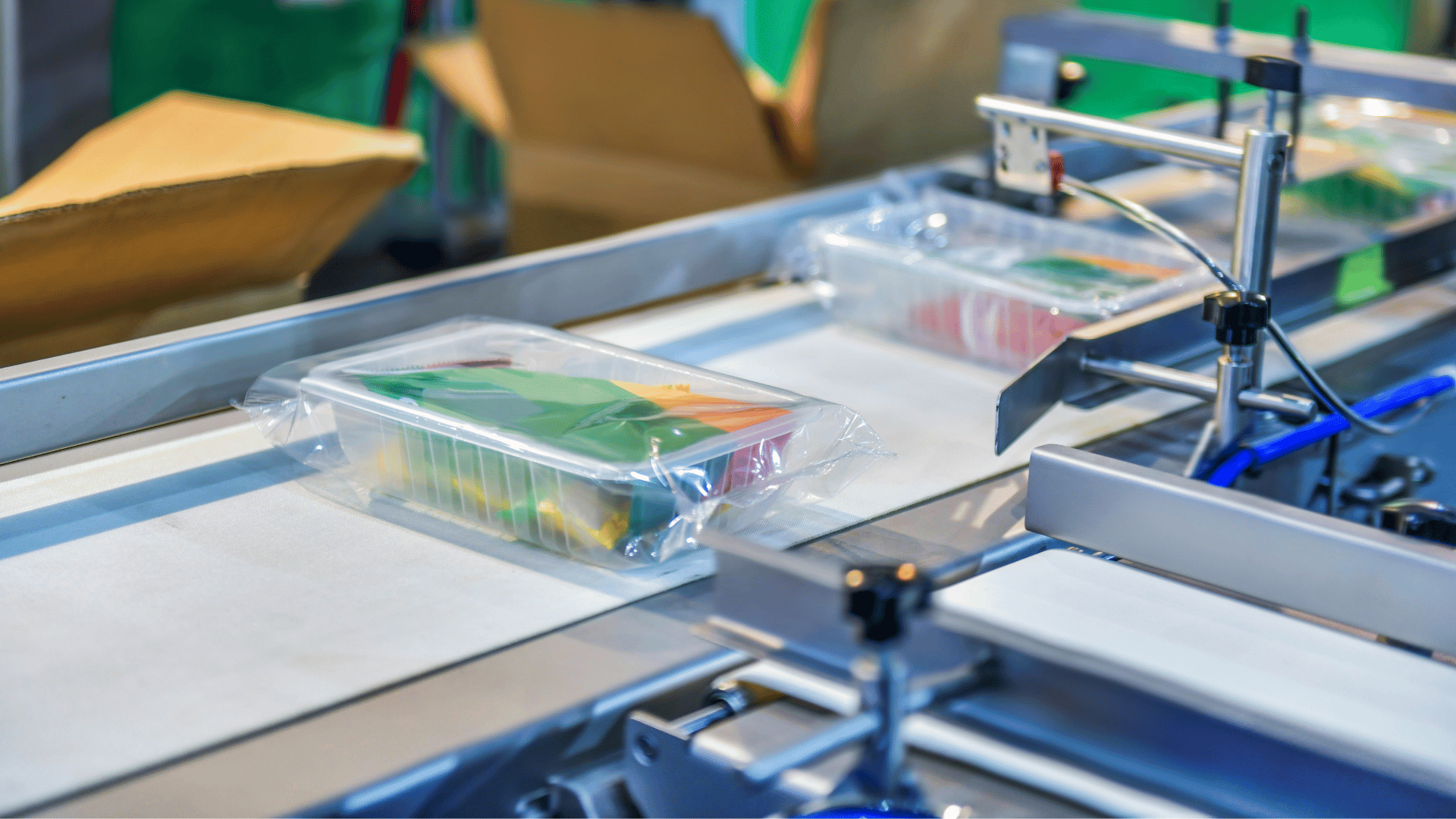With the help of technical advances, the speed of food production is now faster than ever. However, the increased use of heavy machinery in food processing causes inedible materials to land in packaged products, leading to broken teeth and other issues. To remedy this widespread problem, many food manufacturers and retailers, most notably Costco, are beginning to use food X-ray inspection scanners to identify foreign material contaminants in their products before they reach consumers.
How They Work
Metal detectors have been used for decades to identify metal in food, but X-ray scanners are gaining popularity because they catch more contaminants besides metal. Food X-ray inspection scanners work similarly to the luggage X-ray machines used in airports. To explain simply, an X-ray loses some of its electromagnetic energy when it penetrates food. Foreign material contaminants are usually more dense and these dense areas causes the X-ray to lose even more energy. When the X-ray passes through the food product, it reaches a sensor which measures the amount of energy and converts that into a greyscale image. The denser the contaminant, the darker it will appear in the image. These images of varying densities allow scanners to identify different kinds of contaminants, such as metal, glass, plastic, and even bone fragments.
Benefits of Food X-Ray Inspection Scanners
According to a USDA report, foreign material is the most common type of food contaminant and drives the majority of food recalls. Food X-ray inspection scanners reduce the amount of recalls because they allow manufacturers to detect metal and other contaminants in their food. If any foreign material is found, the manufacturers can pull out the contaminated batches and prevent them from being sold to consumers.
Although, some consumers and producers avoid food X-ray inspection scanners due to safety concerns. Since X-rays emit radiation, many believe that food X-ray machines will pass on harmful amounts of radiation to the food which will then be directly consumed by the customer. But despite these concerns, food X-ray inspection scanners are safe to use. The amount of radiation used in food scanners is much less than what is used for medical X-rays. Consumers will not be harmed by eating X-ray scanned food nor will the scanned food lose any nutritional value.
Another concern of food X-ray inspection scanners is the expensive upfront cost. A singular machine can go for tens of thousands of dollars, but the benefits outweigh the costs in the long-run. Food X-ray inspection scanners allow companies to identify foreign material contaminants in their products so they can prevent them from being sold. A lack of contaminated products results in fewer recalls, fewer consumer lawsuits filed against the company, and fewer damages to the company’s reputation.
2MX-5030 X-Ray Inspection Scanner for Food

2M Technology’s 2MX-5030 X-ray scanner is the perfect solution for businesses looking for a quick, non-intrusive food inspection device that also provides traceability. It detects contaminants such as metal, glass, bones, rocks, rubber components, plastic, and wood. If foreign material is detected, the scanner will record the date and time so that operators can track down exactly which batch or pallet to take out. Not only that, up to 100,000 images can be stored automatically and reviewed in case of investigations. For example, if a customer complains about finding a contaminant, the manufacturer will be able to pull up the X-ray image of that specific batch to determine if they are at fault or the customer is making false claims. Additionally, the device supports secure access control methods such as card readers or keys to prevent tampering. The 2MX-5030 X-ray scanner is available in two models so you can get what you need based on steel penetration depth or X-ray voltage.
Conclusion
Every manufacturer needs to guarantee that their food products are safe to consume and food X-ray inspection scanners can help. Their ability to uncover hidden contaminants allow food manufacturers to deliver products that meet the highest standards of safety and quality. If you’re interested in learning more about how using food X-ray inspection scanners can help you safeguard consumer health and uphold your brand reputation, contact our sales experts by phone +1 (214) 988-4302 or email us at sales@2mtechnology.net!

